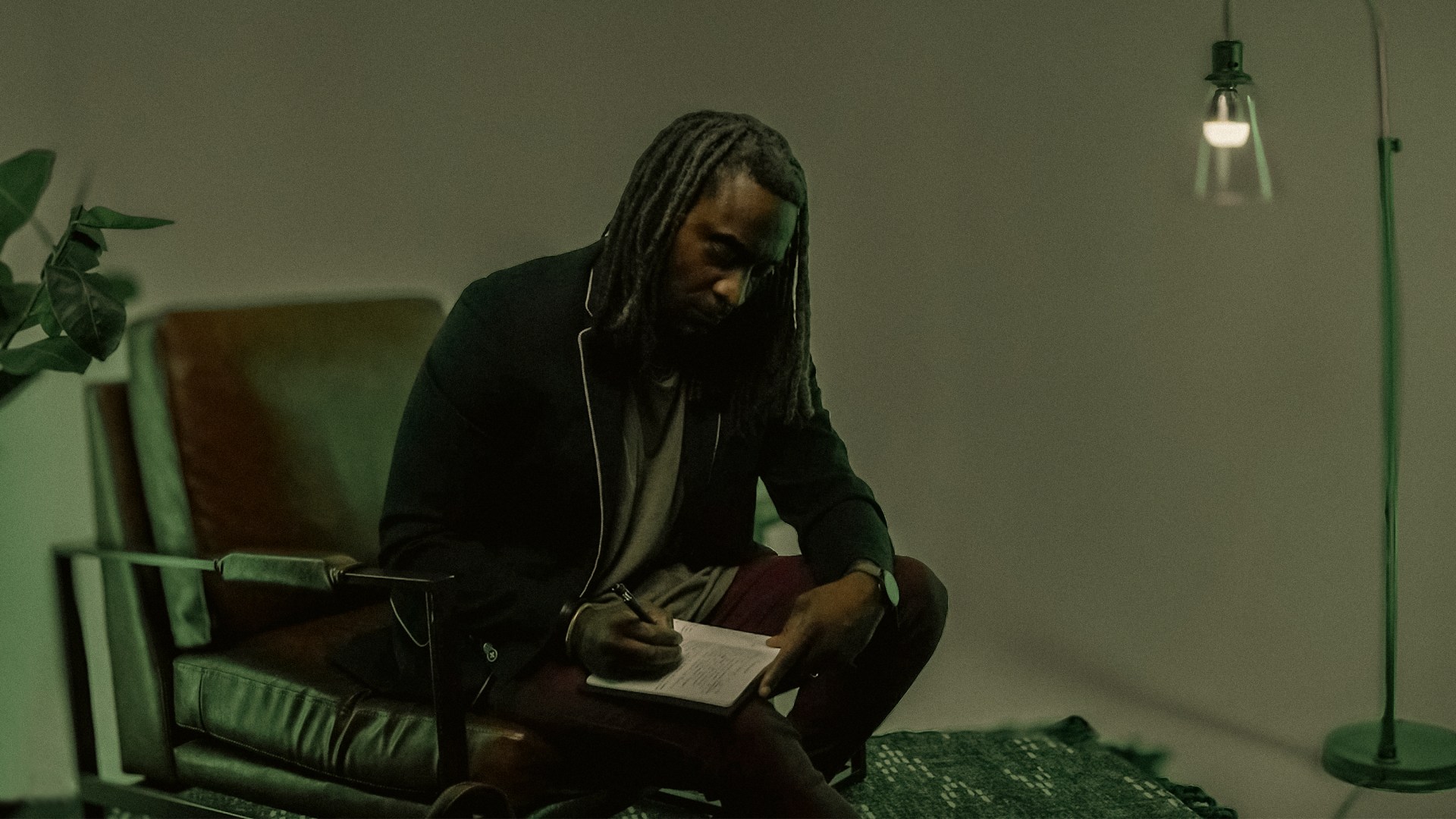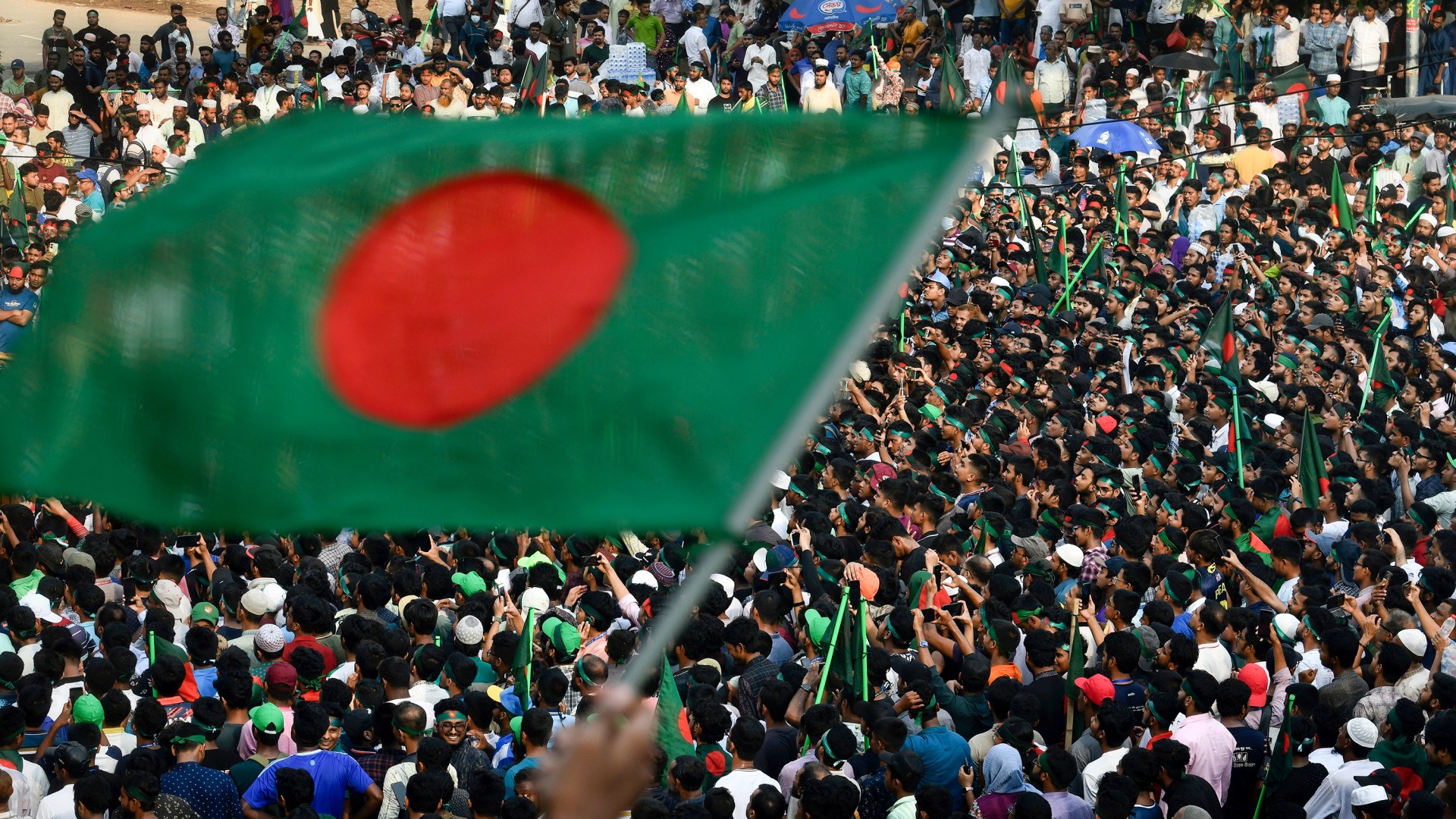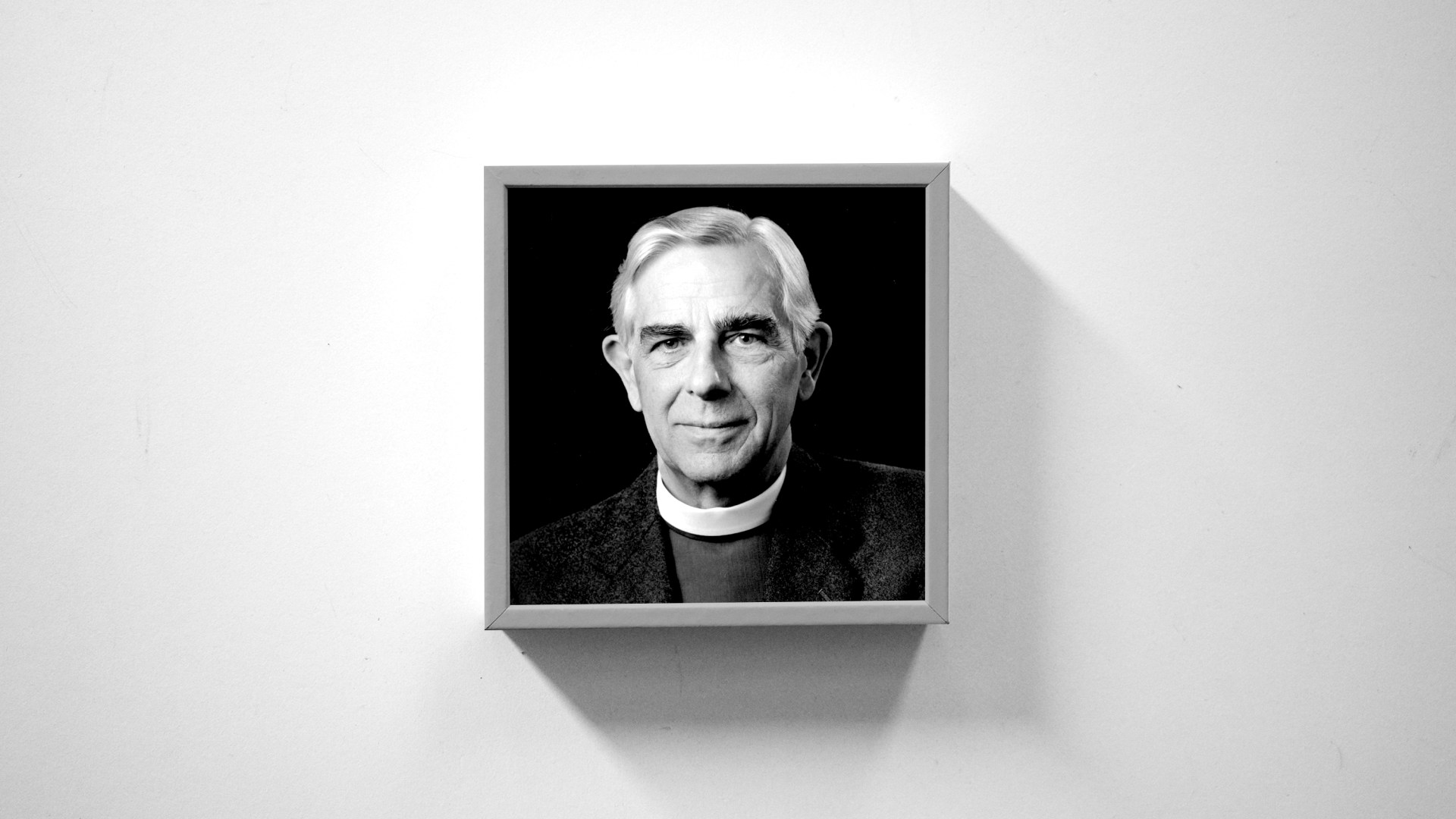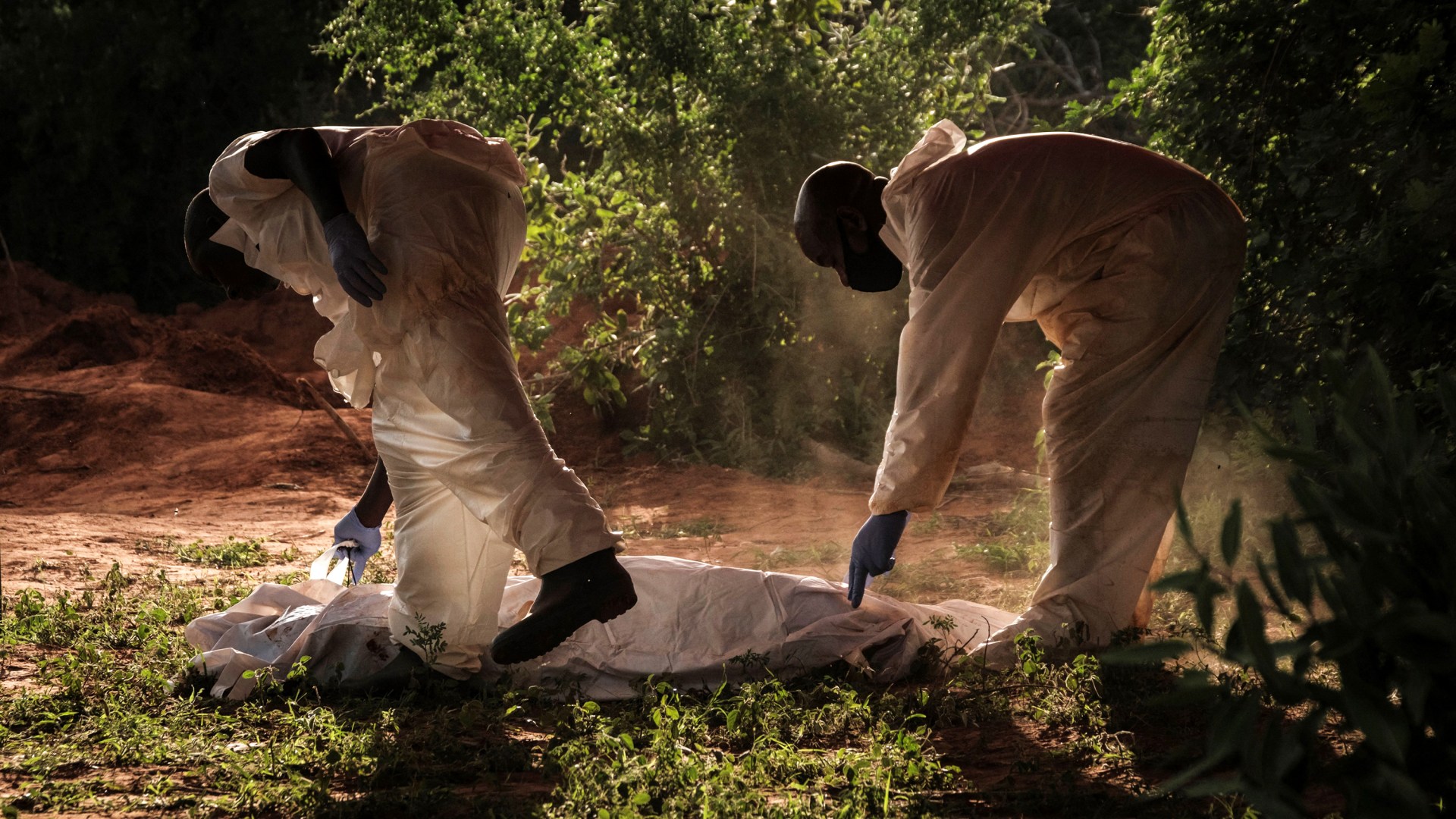The word weird is weirdly being thrown around by politicians as if it’s an official political critique. Once that label is hurled at someone, they return to middle school ethics and recite the gospel of rubber and glue. Most people don’t want to be weird.
However, I can’t help but think of the strange predicaments that Yahweh has put his people in: Noah building an uncanny boat, Ezekiel’s dramatized prophecy, John the Baptist as a pre-modern hipster wandering the desert, and many more. It’s very peculiar for enslaved people to sing of God’s goodness and provision on plantations that attempted to designate them as worse than weird—inhuman.
Maybe to be set apart is to be weird and peculiar. However, many people have auctioned off their weirdness to cultural lobbyists for relevance and power.
Then I think of myself and the reasons I’m joining Christianity Today as the editorial director of the Big Tent Initiative. They sometimes feel peculiar. I feel weird that I still carry hope. I feel docile when I speak of reconciliation. I feel lonely still having a tremendous amount of love for the bride of Christ. But then I feel content that I’m bringing my peculiar self and many other descriptives to CT.
I bring complexity. I am a Canadian-born man with a Swahili name, who was raised by a Black Panther in the suburbs of Southern California. I’ve known privilege and poverty. I have bobo tendencies with a militant’s temperament, but I’m a pacifist on paper. I’d rather discuss the implications of rap beefs than political beefs because at least there is poetry involved. I’m a theological nomad who tries his best to allow Jesus to take precedence over all my wonderful distinctions. I am the divergent tenets of Ecclesiastes in a soaked paper bag.
I bring impartiality. When I mention that I accepted this position with CT to friends and associates, I’ve received both congratulations and concerns. I’ve had friends call CT “too white” and others call it “too woke.” Both these terms serve as coded language that express some concern or critique of my character for the work I’ve engaged in.
I’ve been called a pawn for my views on biblical and social orthodoxy. I’ve also been called a Marxist and a “woke preacher” for my views on racism and social injustice. Be assured, I do not sit in some compromised middle, but I am centered in a gospel that is actively revolutionary and traditional.
I bring the focus of Toni Morrison. This literary giant gave a solution to the grievances of complacent critics. “If there’s a book that you want to read, but it hasn’t been written yet, then you must write it,” she once told a newspaper columnist. I will write these essays and find others to write them.
My objective isn’t to bring “soul” to Christianity Today like some magical Negro teaching a well-intentioned white man how to cha-cha slide across the difficult social issues of our culture. My objective isn’t to “do evangelicalism” in blackface so that more Black and brown folks will smash that subscribe button.
I’ve joined Christianity Today to cultivate an all-too-forgotten garden. A garden far from Eden but aspiring to the New Jerusalem. This is a place where anger, suspicion, and betrayal threaten to trample on the seeds of hope, love, and endurance. This is not a trite multicultural experiment, but it is an ambitious work to shine light on the brilliant voices of our manifold family who have been marginalized despite the rich history of their faith tradition. I’ve joined CT to be an additional hand in the dirt that prays for heavenly waters to fertilize a new social imaginary.
I bring the unbothered constitution of Zora Neale Hurston, who said, “I am not tragically colored. There is no great sorrow dammed up in my soul, nor lurking behind my eyes.” Often, Black writers are expected to only write from their pain and trauma. I will not be here for crisis writing. I write at the speed of wisdom and not anxiety. I will write when compelled. I will exercise the tenth fruit of the Spirit, which is to “shut yo’ mouth” when I have nothing helpful to add.
I am also no valet for Black essentialism. Too often in the Black community, we champion the maxim “We are not a monolith!” while snatching the Black card from those who question the doctrines that are sometimes established by academics and elitists in institutions far removed from the people they claim to serve. If I speak of plights and joys, I speak as someone who knows the benefits of living in the castle and the attic. However, I can’t distinguish with certainty which resident is advocating for his own self-interest if and when they conflict; therefore I don’t presume to carry the soapbox for all of Black society.
Let us be peculiar.
It seems as if the price for reconciliation and redemption has been inflated along with gas and groceries, but not many desire those luxury purchases. Let us be the strange ones who spend the cosmic currency to be heavenly ambassadors.
The church is weird and messy. However, most importantly, the church is sanctified and essential. Therefore, join me in seeking the kingdom and putting Jesus’ beautiful bride on display.
Sho Baraka is editorial director of Big Tent for Christianity Today.
































